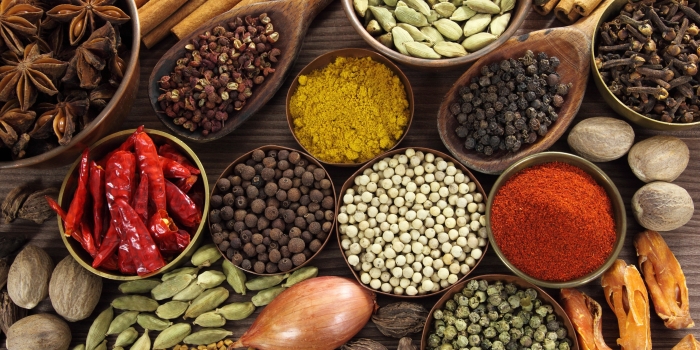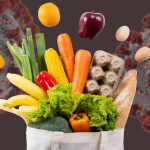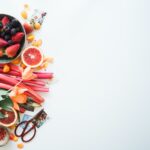It was estimated that more than 800 million people were still going hungry in 2018 by the Food and Agriculture Organization. The report, published last year highlighted the challenge of achieving Zero Hunger by the year 2030, owing to the rising hunger in the Caribbean, Africa, Latin America, and Western Asia.
Efforts to safeguard food security and nutrition and counteract the situation have been viciously unsustainable, challenged by adopted government policies, climate, economic times among others.
As the Corona Virus keeps us awake with the uncertainty of the numbers infected, it’s inevitable to begin thinking about the strategies that we need to employ to guarantee our food security status in the future.
What is Food Security?
Food security refers to the availability, accessibility, utilization, and stability or rather, sustainability of food in general. All of which are potentially threatened by several underlying factors ranging from economic stability, natural calamities, weather, among other underlying factors including the very latest pandemic like CoronaVirus.
Is this something that you should pay attention to, as an Individual in Light of the current Pandemic?
Yes! For any individual or society to function, food plays a major role in the provision of satiety and energy to perform day to day activities. In the absence of the food, or the presence of poor quality of food, this could potentially be a recipe for malnutrition as well as the reduction of an individual’s capacities to perform. Although it might be quite too soon to assess the impact of the pandemic, several factors may come into play as remarked by the World Food Program. The length of the pandemic, the number of countries affected, the type of policies adopted by the government as well as the household decisions made based on the economic status as well as the capacity of individuals to fend for themselves!
Availability
Although the agricultural sector may not be currently affected to a great extent worldwide, the issue of labor shortage, interruptions in transport and other quarantine measures may limit the supply of products in markets. Eventually, households may opt to partake of what is available which could lead to (hidden hunger-lack of micronutrients- vitamins and minerals due to poor quality of food) and eventually malnutrition which is a basis of food insecurity. As well, the long term effects of shortage in labor in the agricultural sector could mean less production and distribution of food in the long term.
Accessibility
For most populations buying out food in bulk, it could mean the hike in the prices of food in the markets. Increased prices of goods level up and cut out most people from buying what is available on shelves. Developing countries are at a higher risk as reported recently by the World Food Program. The inaccessibility of food due to a low purchasing power means that populations, in general, would be susceptible to malnutrition which could lead to a higher vulnerability to diseases.
Utilization
This stems from the health status of individuals in homesteads, food safety when preparing the food, preparation mechanisms and the ultimate proper consumption of the food. The food you buy really depends on the availability and accessibility of it. Once bought, how you use it within the home, slowly dictates your food security status. Avoiding the wastage of food could be the first step towards achieving the aspect of healthy consumption. In light of the pandemic, while buying food in bulk may be psychologically fulfilling, how you use it, tells a lot about our food security both in the short term and in the long run.
Stability
Food can be accessible, available and you may utilize it well, however in the long run, evaluating whether or not you can sustain your food systems in your household could dictate whether or not you will achieve long term food security. Whilst we are only 10 years short of the Zero hunger goal, it is crucial to stop on our tracks and be intentional about the ability to access, afford and utilize food. In developing economies, supporting agricultural activities even in the back yard of homes could go a long way towards food security. The adoption of food security policies by governments could also ultimately depicts the achievability of the Zero Hunger goal.

Think about it, how food secure are you in the long run? Are you being wasteful? Do you have a safety net in case the pandemic was to go on for a long time? What are you doing about it as an individual?
I know you have questions, post them here:









